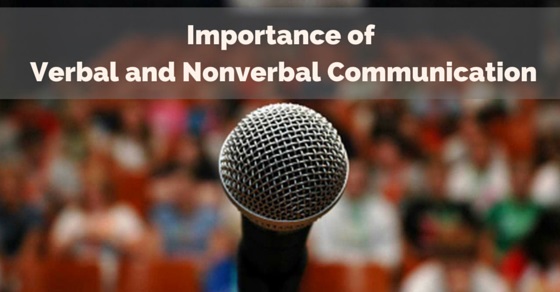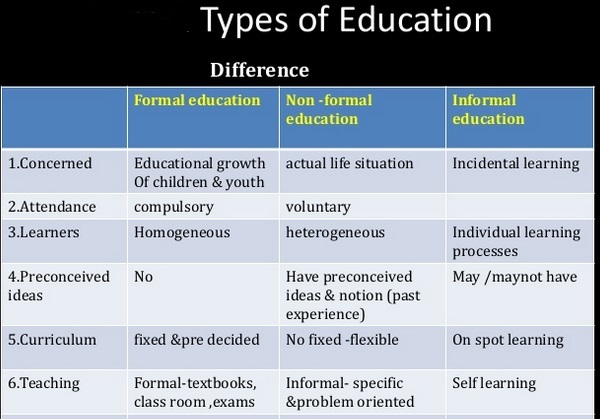

We should not, however, forget the important knowledge element just because formal education seems to prefer it. Tolerance is an example of an attitude that we often see develop using non-formal education. Non-formal education, on the other hand, is often much more based on skills and also has attitude-based learning objectives.
#Forms non formal education professional
It can support personal development, as well as improve an individual’s professional skills. The main advantage of non-formal education is it’s flexibility and ability to adapt to individual people’s current needs and the continual changes in society. Non-formal education has numerous advantages in personal development in comparison to traditional formal education. Erasmus + projects does not require to be carried on 5 * Hotels or in the official meeting rooms. Yes, It can happen even at the campfire in the forest or somewhere at the seaside or in the mountains. “Non-formal learning is purposive but voluntary learning that takes place in a diverse range of environments and situations for which teaching/training and learning is not necessarily their sole or main activity.” The glossary of the European Knowledge Center for Youth Policy describes non-formal learning as follows: It is widely acknowledged and recognized that non-formal learning provides unique learning opportunities to millions of young Europeans. The emphasis is on the learner’s intrinsic motivation, voluntary participation, critical thinking and democratic agency.

Non-formal Education – photo credit: Mike Erskine It stands for a range of core learning principles, methodologies and approaches in the youth field. Non-formal learning is an extensively used and intensely debated notion in the youth field. In Erasmus+ projects ( training courses, youth exchanges, seminars etc) someone would face the Non- formal way of learning. Non- formal Education and Erasmus+ projects The ‘trainer’ is simply someone with more experience such as a parent, grandparent or a friend. Informal learning – No formal curriculum and no credits earned. Continuing education courses are an example for adults.

Though it doesn’t result in a formal degree or diploma, non-formal education is highly enriching and builds an individual’s skills and capacities. This type of education may be led by a qualified teacher or by a leader with more experience. Non-formal learning – Organized (even if it is only loosely organized), may or may not be guided by a formal curriculum. Teachers are usually trained as professionals in some way. Formal Education – photo credit: National Cancer Instituteįormal education is the organized, guided by a formal curriculum, leads to a formally recognized credential such as a high school completion diploma or a degree, and is often guided and recognized by government at some level.


 0 kommentar(er)
0 kommentar(er)
